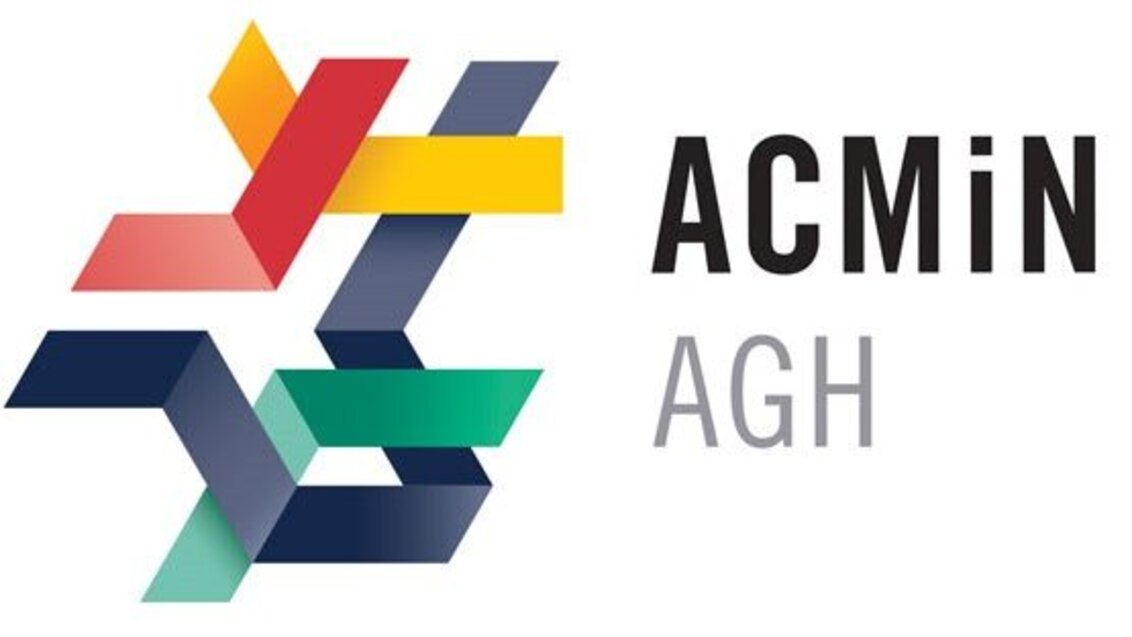
- 27.10.2022
Wykład zatytułowany „Applications of magnetic thin film with perpendicular magnetic anisotropy” wygłosi prof. Piotr Kuświk (Instytut Fizyki Molekularnej PAN, Poznań).
Miejsce: ACMiN AGH (Kraków, ul. Kawiory 30, bud. D-16, sala 1.02A)
Streszczenie
The relentless need for higher density, faster data access, and less energy-consuming memory devices has fueled research on the development of materials showing perpendicular magnetic anisotropy (PMA). Although PMA materials have found their application in hard drives and Magnetoresistive Random Access Memory, there is still a search for materials that can open new directions to store more data and process them much faster than is currently available. This especially implies the ferromagnetic PMA materials showing strong Dzyaloshinskii-Moriya interaction (DMI), because this interaction has induced skyrmions (nanometric size objects exhibiting a whirl spin configuration with chirality determined by the DMI). Due to their stability and small size, they are a promising medium for processing and recording information. Nowadays, a lot of attention is paid to ferrimagnetic films with PMA because small, room temperature stable skyrmions as well as the domains without domain walls were found. All this opens the way to speed up data processing and increase the density of storage devices. Researchers are also focusing on the use of PMA materials as a platform to control the movement of magnetic beads by magnetophoresis. Functionalized magnetic beads are driven by superimposing a specifically tailored external magnetic field to the static stray field landscape formed above patterned or unpatterned materials. The remote and precise motion control of magnetic beads has become a desirable objective for the design and development of novel, state-of-the-art lab on a chip devices for biomedical applications, e.g., drug delivery and blood testing offering an innovative approach to the development of novel point-of-care systems.
This work was supported by the National Science Centre under OPUS17 (2019/33/B/ST5/02013) and OPUS20 (2020/39/B/ST5/01915) projects.
 Jak nie dać się KLESZCZOM? | Bunkier Nauki odc. 49
Jak nie dać się KLESZCZOM? | Bunkier Nauki odc. 49  Jak podbijamy nanoświat – AGH NAUKA spotkania (nr 25)
Jak podbijamy nanoświat – AGH NAUKA spotkania (nr 25)  Jak samodzielnie wynieść 1000 worków śmieci z lasów? | Bunkier Nauki odc. 48
Jak samodzielnie wynieść 1000 worków śmieci z lasów? | Bunkier Nauki odc. 48  Obalamy MITY na temat sieci 5G – czy jest się czego bać? | Bunkier Nauki odc. 47
Obalamy MITY na temat sieci 5G – czy jest się czego bać? | Bunkier Nauki odc. 47  Świat w dobie AI – AGH NAUKA spotkania (nr 24)
Świat w dobie AI – AGH NAUKA spotkania (nr 24)  Prezentacja wyborcza kandydata na rektora AGH prof. Jerzego Lisa
Prezentacja wyborcza kandydata na rektora AGH prof. Jerzego Lisa  Proces cyfryzacji w AGH. Zakup nowoczesnego sprzętu oraz technologii
Proces cyfryzacji w AGH. Zakup nowoczesnego sprzętu oraz technologii